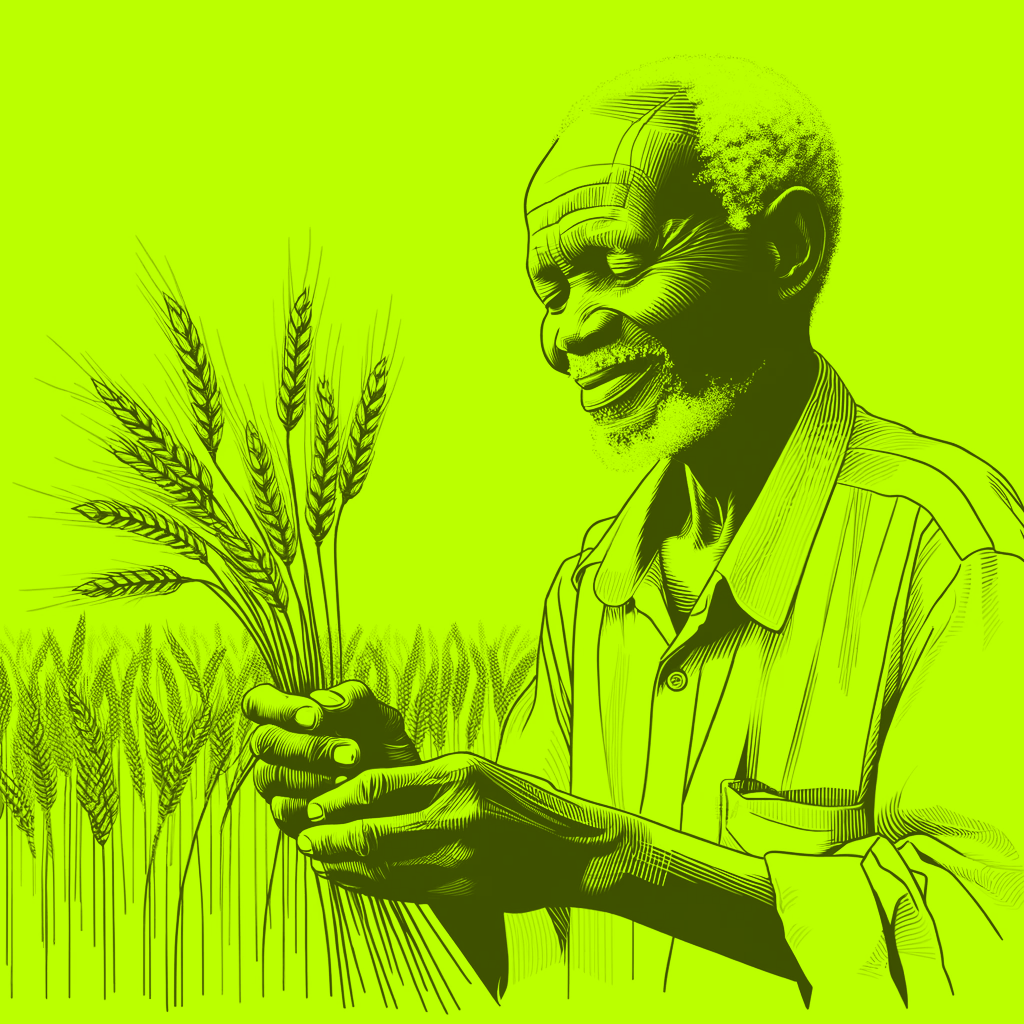Shifting Seasons, Uncertain Futures: The Impact of Climate Change on African Agriculture
Introduction
Agriculture in Africa is central to the livelihoods and economies of countless communities. With its diverse landscapes, the continent heavily relies on farming for food, income, and employment. Yet, this essential sector faces a significant challenge due to the impacts of climate change. These changes are reshaping weather patterns, elevating sea levels, and increasing the frequency of extreme weather events. Consequently, the future of agriculture in Africa stands at a critical juncture.
The African Agricultural Landscape
The agricultural scene in Africa is diverse and deeply integrated into the societal fabric. It ranges from the coffee-rich highlands of Ethiopia to the expansive maize fields of Southern Africa. Each region has developed farming systems uniquely adapted to their local climates and terrains, essential for both local communities and international trade.
Climate Change: A Growing Threat
Human activities and the resulting greenhouse gas emissions have accelerated climate change, a global crisis with particularly stark effects in Africa. The continent is experiencing rising temperatures, erratic rainfall, and a surge in extreme weather events like droughts and floods. These changes are posing serious risks to agricultural productivity and food security across Africa.
Impact on Agricultural Practices
The once predictable growing seasons are now marred by climate unpredictability, rendering traditional farming practices less viable. Key crops are finding it hard to adapt, and warmer temperatures are leading to an increased spread of pests and diseases. Water scarcity, already a critical issue, is being exacerbated, impacting both rain-fed and irrigated agriculture.
Case Studies
The diverse effects of climate change are evident throughout Africa. For instance, East Africa has been grappling with persistent droughts leading to crop failures and food shortages. In contrast, West Africa has faced severe flooding, which has destroyed crops and displaced communities. These instances highlight the varied and profound challenges posed by climate change across the continent.
Adaptation and Mitigation
Strategies In response, a range of adaptation strategies is being developed. These include technological innovations like drought-resistant crops and improved irrigation systems. Equally important are sustainable farming practices and effective soil management to enhance resilience against climate variations.
The Role of Policy and International Support
Coordinated policy efforts are crucial to address climate change in African agriculture effectively. International organizations are playing a pivotal role, providing support and initiatives to assist farmers in adapting. These measures are essential in building an agricultural system resilient enough to withstand climate-related challenges.
Challenges and Opportunities
Implementing these strategies comes with hurdles such as financial constraints, limited access to technology, and infrastructural gaps. However, this crisis also presents opportunities for innovation in agricultural practices, fostering sustainable growth, and developing resilient food systems.
Conclusion
The impact of climate change on African agriculture is profound and far-reaching, necessitating immediate and sustained action. Policymakers, the international community, and local stakeholders need to collaborate effectively to tackle this crisis. The future of agriculture in Africa, and the continent’s food security, hinges on our collective ability to adapt to an evolving climate.



Leave a Reply